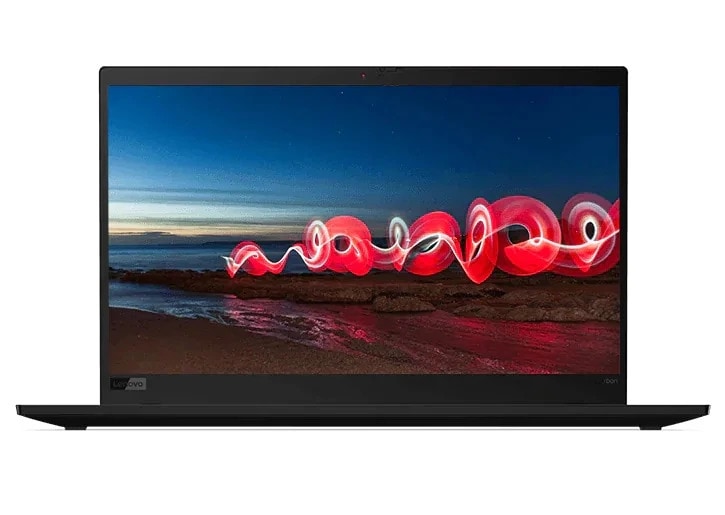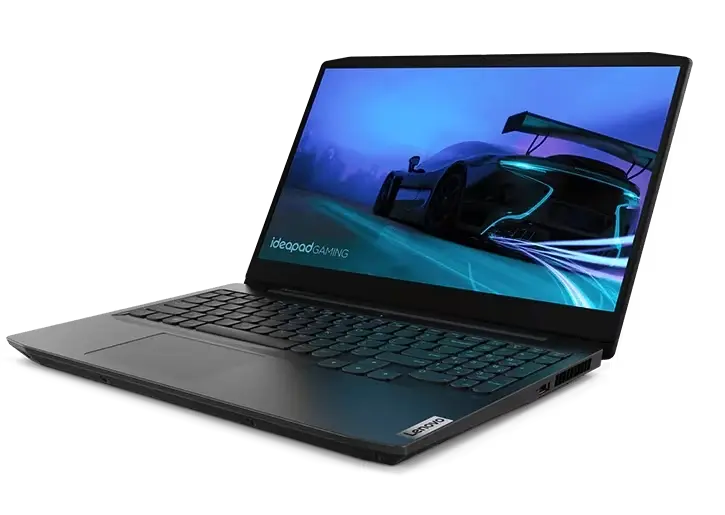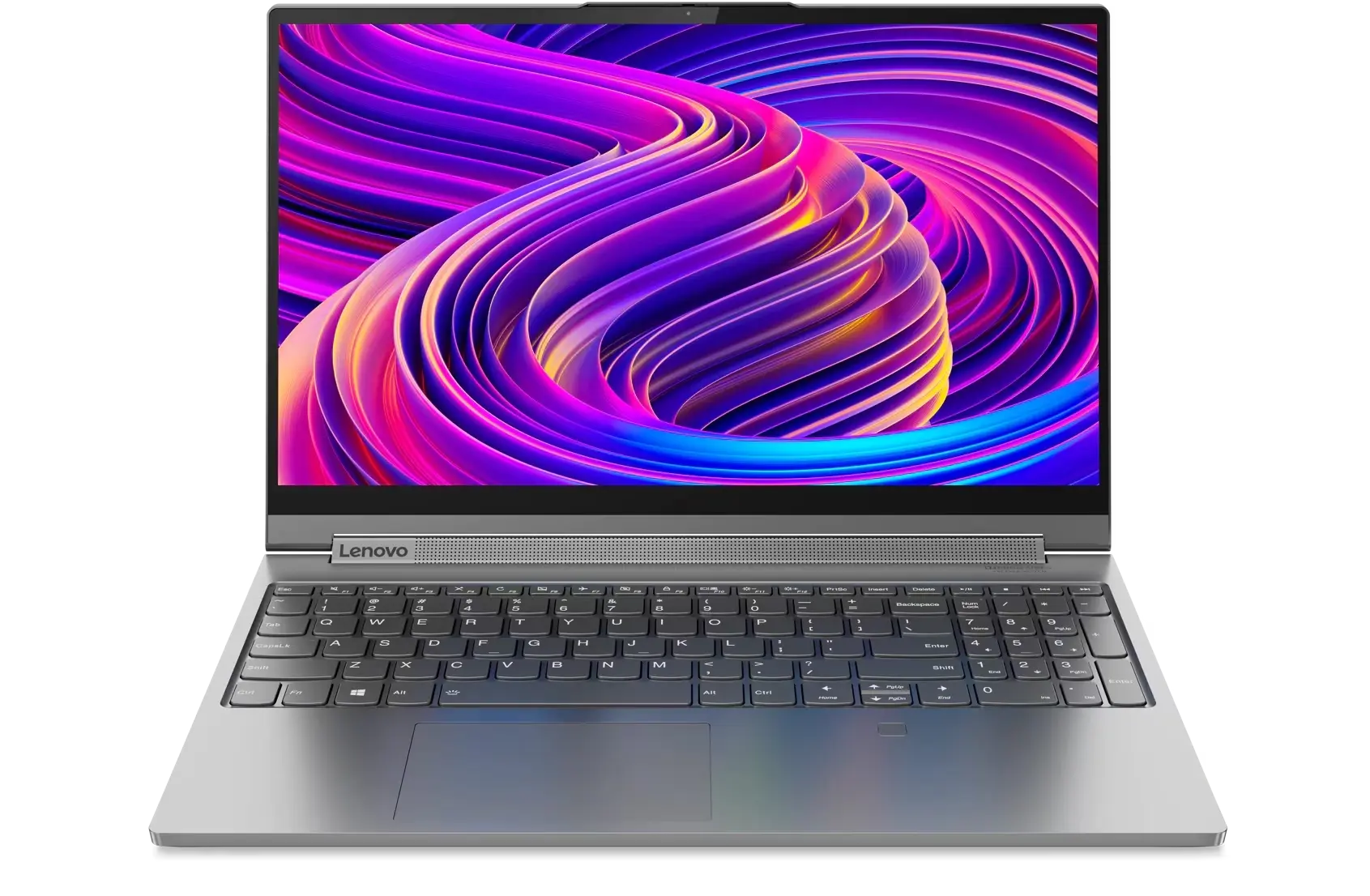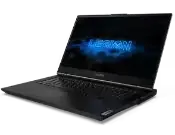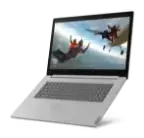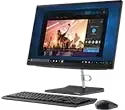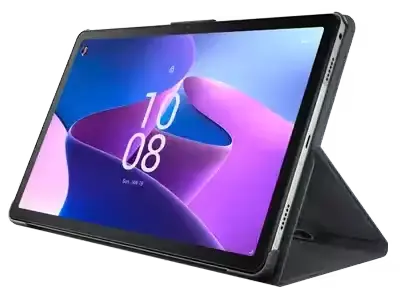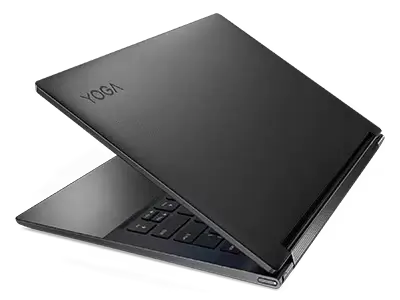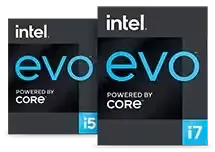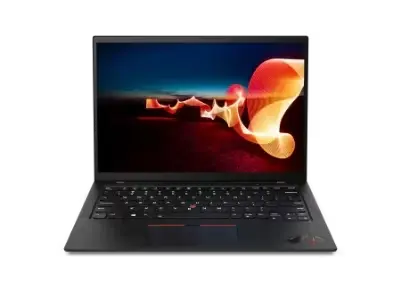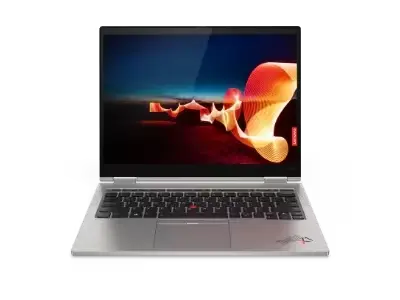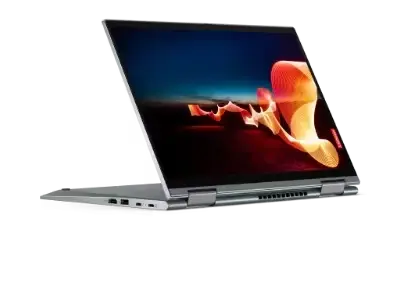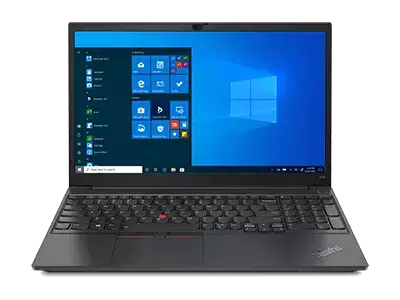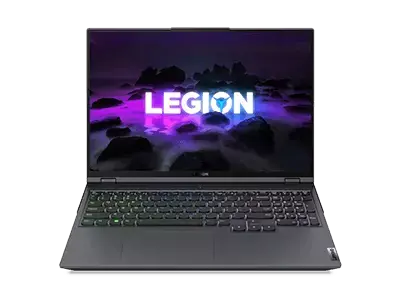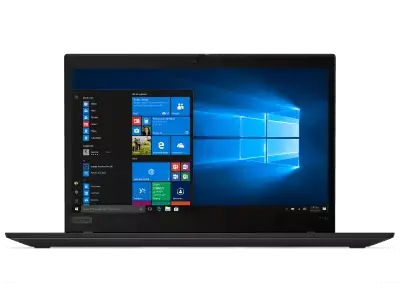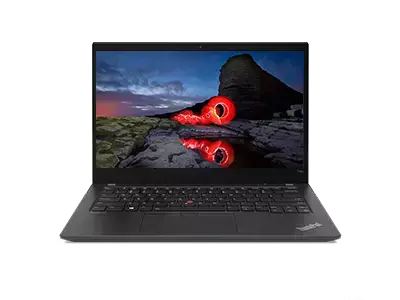-
Laptop DealsLimited Time Deals New Arrivals EDU Students Deals Home PC Deals Gaming Deals Best Desktop Choices
-
Other DealsThinkPad Deals ThinkBook Deals Gift Redemptions Trade In Credit Card Promotions Join Lenovo Pro Referral Program to get 10% off
-
Espot Path:
/espotdirctory/hk-pc-eshop-espot1
-
Espot Path:
/espotdirctory/hk-pc-eshop-espot2
-
Espot Path:
/espotdirctory/hk-pc-gaming-espot3/start-2023-01-22
-
Lenovo Pro Business Store
Lenovo Pro Business Store
|
-
Lenovo Education Store
Lenovo Education Store
|
-

 Referral Program
Referral ProgramLenovo Concept Experience Store
Address: G21 shop, Parklane Shopper’s Boulevard, Tsim Sha Tsui, Hong Kong
Opening Hours: 11am - 8pm daily incl. public holiday
Tel: +852 2783 9500
Whatsapp: 6995 9610Lenovo Official Brand Store (Causeway Bay)
Address: 1/F, 36 Jardine’s Bazaar, Causeway Bay, Hong Kong
Opening Hours:10am - 8pm daily incl. public holiday
Tel: +852 2592 9822
Whatsapp:9159 1107 -

 Contact Us
Contact Us -

 Account
Account -

 cart
cart -

 Wishlist
Wishlist
-
Lenovo Pro Business Store
Lenovo Pro Business Store
|
-
Lenovo Education Store
Lenovo Education Store
|
-

 Referral Program
Referral ProgramLenovo Concept Experience Store
Address: G21 shop, Parklane Shopper’s Boulevard, Tsim Sha Tsui, Hong Kong
Opening Hours: 11am - 8pm daily incl. public holiday
Tel: +852 2783 9500
Whatsapp: 6995 9610Lenovo Official Brand Store (Causeway Bay)
Address: 1/F, 36 Jardine’s Bazaar, Causeway Bay, Hong Kong
Opening Hours:10am - 8pm daily incl. public holiday
Tel: +852 2592 9822
Whatsapp:9159 1107 -

 Contact Us
Contact Us -

 Account
Account -

 cart
cart -

 Wishlist
Wishlist
-
Lenovo Education StoreLenovo Education Store
|
-
Lenovo Pro Business StoreLenovo Pro Business Store
|
-

 Referral Program
Referral ProgramLenovo Concept Experience Store
Address: G21 shop, Parklane Shopper’s Boulevard, Tsim Sha Tsui, Hong Kong
Opening Hours: 11am - 8pm daily incl. public holiday
Tel: +852 2783 9500
Whatsapp: 6995 9610Lenovo Official Brand Store (Causeway Bay)
Address: 1/F, 36 Jardine’s Bazaar, Causeway Bay, Hong Kong
Opening Hours:10am - 8pm daily incl. public holiday
Tel: +852 2592 9822
Whatsapp:9159 1107 -

 Account
Account -

 cart
cart -

 Wishlist
Wishlist -

 Contact Us
Contact Us
-
Lenovo Pro Business Store
Lenovo Pro Business Store
|
-
Lenovo Education Store
Lenovo Education Store
|
-

 Referral Program
Referral ProgramLenovo Concept Experience Store
Address: G21 shop, Parklane Shopper’s Boulevard, Tsim Sha Tsui, Hong Kong
Opening Hours: 11am - 8pm daily incl. public holiday
Tel: +852 2783 9500
Whatsapp: 6995 9610Lenovo Official Brand Store (Causeway Bay)
Address: 1/F, 36 Jardine’s Bazaar, Causeway Bay, Hong Kong
Opening Hours:10am - 8pm daily incl. public holiday
Tel: +852 2592 9822
Whatsapp:9159 1107 -

 Contact Us
Contact Us -

 Account
Account -

 cart
cart -

 Wishlist
Wishlist
-
Lenovo Pro Business Store
Lenovo Pro Business Store
|
-
Lenovo Education Store
Lenovo Education Store
|
-

 Referral Program
Referral ProgramLenovo Concept Experience Store
Address: G21 shop, Parklane Shopper’s Boulevard, Tsim Sha Tsui, Hong Kong
Opening Hours: 11am - 8pm daily incl. public holiday
Tel: +852 2783 9500
Whatsapp: 6995 9610Lenovo Official Brand Store (Causeway Bay)
Address: 1/F, 36 Jardine’s Bazaar, Causeway Bay, Hong Kong
Opening Hours:10am - 8pm daily incl. public holiday
Tel: +852 2592 9822
Whatsapp:9159 1107 -

 Contact Us
Contact Us -

 Account
Account -

 cart
cart -

 Wishlist
Wishlist
Lenovo Pro Business Offer 20% OFF | Join us to get up to $6,000 Welcome Discount + Free Gift!
Back to School | Join Lenovo Education to enjoy up to 40% Discount for students & teachers. SheerID is applicable.
PC Up to 30% off | Selected models are on sale in stock, and the fastest delivery is 3 days! Free shipping site-wide, no minimum spend.
Need Help? Call 2593 0388 or Chat with us now! Contact Us
Year End Savings with NEW YEAR Sale! PCs up to 35% OFF!Top 10 popular ThinkPad models on extra sales!Add a monitor to your gaming computer and get an instant $800 discount!$1 add-on for Microsoft 365/ PC accessories! Shop Now
Chromebook vs. a Laptop for College or School
Computers have long been a required part of every student’s back-to-school toolkit, and the increasing prevalence of remote learning have made them even more important.
So as students return to school, many are considering the purchase of a new laptop. But with literally dozens of options available, it’s difficult to know which one is the best choice. Although Windows machines have long been the dominant players when it comes to a computer for school, in recent years Chromebooks have emerged as an education upstart.
The critical question in the Chromebook vs. laptop debate, then, is which one is best for my needs? Should I buy a Chromebook or a Windows machine?
As with many things, the answer is, “It all depends.” Who will be using the machine? What’s your budget? Will the computer be strictly for school, or do you plan to use it for other tasks as well? Those are just a few of the questions to be considered.
Let’s break down the choices:
Advantages of a Chromebook
Chromebooks have certainly emerged as a popular choice in the education market in recent years, but many people aren’t aware of just what exactly a Chromebook is.
Instead of the more popular Windows, Chromebooks run on Google’s Chrome lightweight operating system. Chromebooks come preloaded with a number of apps, including mail, calendar and text editor programs, with thousands of others available via the Google Play store. Apps run in the Chrome browser, meaning that most program icons on the Chromebook’s desktop are actually links to online programs. Most Chromebooks offer a camera suitable for video conferencing and remote learning.
Chromebooks were originally designed to store most files in the cloud, and as such offer limited onboard storage. They don’t include a large hard drive, a DVD player or a dedicated graphics card.
Because they don’t include many of the internal components that are a part of a Windows laptop, Chromebooks are much lighter and offer a longer battery life that most Windows machines. The Chrome OS is locked down and extremely stable, making them a good choice for young children who may be tempted to explore the file system. Updates occur in the background with no action required on the user’s part.
Chromebooks are generally built with lower-performance processors than a Windows machine. As a result of that and the lack of those internal components, Chromebooks are often less expensive than a Windows laptop, although some recent models are more powerful (and more expensive).
On the other hand, because Chromebooks are dependent on Internet connectivity, features can be limited when offline or slow if your connection is slow. Because they only run apps from the Google Play store, users can’t load third-party programs on a Chromebook. And thanks to those lower-performance components, a Chromebook isn’t likely to be able to run your favorite games.
Advantages of a Laptop
One of the key advantages of a Windows laptop is the popularity of the OS. More than half the computers around the globe run some version of Windows, meaning that it’s rare to come across a software package that Windows won’t run.
Windows 10 is the latest version of the Windows operating system, with features specifically designed for students including easy document conversion, new apps for taking screenshots and tools to increase available storage. For those late-night study sessions, Windows 10 includes Night Light, a feature that displays warmer colors to put less strain on your eyes. Windows 10 was designed with touch in mind, so if you desire tablet functionality it’s a great option.
Windows 10 laptops can be customized to suit the user, so if you require additional power for resource-intensive tasks such as video editing or you want a laptop that can double as a gaming machine, there are plenty of options available.
Unlike a Chromebook, a Windows 10 machine isn’t limited to the Chrome browser. Although that may not seem important, the Chrome browser tends to use much more RAM than Microsoft’s new Edge browser, potentially offering a speedier Web experience.
Of course, those features come at a cost. A Windows 10 laptop is likely to be heavier than most Chromebooks, which can be a consideration if you have to carry it to class. And while the price of Windows 10 laptops has come down over the years, they are still likely to be more expensive than most Chromebooks.
Chromebook vs. Laptop for K-12 School
As mentioned above, when it comes to the Chromebook vs. laptop choice the factors to consider include who’ll be using it and for what it will be used. That’s particularly important when choosing a laptop for kids.
Along with having an operating system that’s simple to use and nearly impossible to disrupt, because Chromebooks lack many of the sensitive internal components found in a Windows laptop, they stand up much better to being bumped, jostled or dropped. That may make a Chromebook a better choice as a first computer for an elementary school student. In addition to being able to handle most tasks required at early grade levels, Chromebooks allow students to play music, watch videos and keep in touch with friends via social media. And if a Chromebook is lost or damaged, the impact to your wallet will likely be less than if the same thing happened with a Windows computer.
As a student moves up in both age and grades, though, the advantage tilts toward a Windows machine.
A middle-or high-school student will likely want a computer that can not only play music and videos but can handle the latest games as well. In addition, the types of tasks in which those students will be engaged with likely require much more in the way of resources, so a Chromebook may not be up to the task.
Fortunately, Lenovo offers a laptop designed to meet the needs of virtually any student, whether they’re just entering elementary school or preparing to leave home for college. Lenovo options run the gamut from basic, budget-friendly models to top-of-the-line powerhouses that can crunch numbers and render images with ease.
When it comes to choosing a laptop for elementary or high school students, Lenovo’s ThinkBook line offers outstanding performance in a lightweight package. But recognizing kids will be kids, every ThinkBook undergoes stringent tests to withstand spills, bumps, drops, dust and extreme temperatures.
Chromebook vs. a Laptop for College
When it comes to the right computer for a college student, the choices become even more clear.
Unless the work in which a college student is engaged is limited to conducting research and writing term papers, a Windows 10 machine is the way to go.
A Windows laptop can serve as an all-around education and entertainment machine, playing movies and music as well as running virtually every productivity application on the market. With the right Windows 10 machine, users can accomplish tasks ranging from the simplest social media application to the most complicated and resource-intensive video processing program.
For gamers, Windows 10 includes an Xbox app and other Xbox-related features, providing access to Xbox Live community features, remote control and even second-screen functionality with selected games and applications.
And when it comes time to graduate from college and take your place in the world, a Windows laptop is the perfect companion for virtually any career.
Whether you're a K-12 student or heading to college, Lenovo’s IdeaPad laptops are affordable, easy to use, and ready for the modern collaborative classroom. Plus, with a long-lasting battery and built-in speakers, these lightweight IdeaPads are a perfect entertainment center for those times when students are taking a break from their studies.
Weighing the options
For young students who may not be as mindful of a sensitive piece of electronic equipment, need a simple interface, have only a few basic applications they need to use and are on a tight budget, a Chromebook is certainly worthy of consideration.
But if you’re looking for a powerful, all-around computer that can handle tasks ranging from the simplest to the most complicated, a Windows laptop may be the better choice. No matter what the job, there’s a Windows computer that can accomplish it with ease.
Still need help with your laptop decision? Let the experts at Lenovo help!



The product/accessories photo is for reference only
Above machine specification information is for reference only and it refers to the highest configuration which the machine is compatible with, yet some specific configuration or related accessories may not available in Hong Kong due to reasons includes but not limited to hardware supply limitation, country (local market) regulation and so on. Please refer to the specific model description for configuration detail before you place order.
Actual battery life may vary depending on application usage, settings, features or tasks selected, network configuration, operating temperature and many other factors.
Limits: Lenovo reserves the right to limit the number of units to a particular product that a customer may buy at any one time.
Availability: Offers, prices, specifications and availability may change without notice. Lenovo is not responsible for photographic or typographic errors.
General System Information: Review key information provided by Microsoft that may apply to your system purchase, including details on Windows 10, Windows 8, Windows 7, and potential upgrades/downgrades. Lenovo makes no representation or warranty regarding third-party products or services.
Pricing: Does not include shipping and handling fees. Reseller prices may vary. Savings referenced off regular Lenovo web prices.
Warranty Service: The Service delivery will be determined by the destination country/region subject to Service capabilities and parts availability in the destination country/region.
Lenovo makes no representation or warranty regarding third party products or services. The Lenovo Limited Warranty applies only to Lenovo hardware products purchased for your own use, and does not transfer upon resale.
Trademarks: Lenovo, ThinkPad, ThinkCentre and the Lenovo logo are trademarks of Lenovo. Microsoft, Windows, Windows NT, and the Windows logo are trademarks of Microsoft Corporation. Ultrabook, Celeron, Celeron Inside, Core Inside, Intel, Intel Logo, Intel Atom, Intel Atom Inside, Intel Core, Intel Inside, Intel Inside Logo, Intel vPro, Itanium, Itanium Inside, Pentium, Pentium Inside, vPro Inside, Xeon, Xeon Phi, Xeon Inside and Intel Optane are trademarks of Intel Corporation or its subsidiaries in the U.S. and/or other countries. Other company, product or service names may be trademarks or service marks of others.
An estimated ship date will be posted on our order status site after your order is placed. The date reflected above does not determine when your order will ship since inventory status may change before your order is final and because items may be held until all products on the order are ready to ship. To obtain the latest information about the availability of a specific part number, please call the phone number listed in the masthead at the top of this page. A flat charge for shipping & handling may apply for certain orders, as indicated on the Checkout page.






